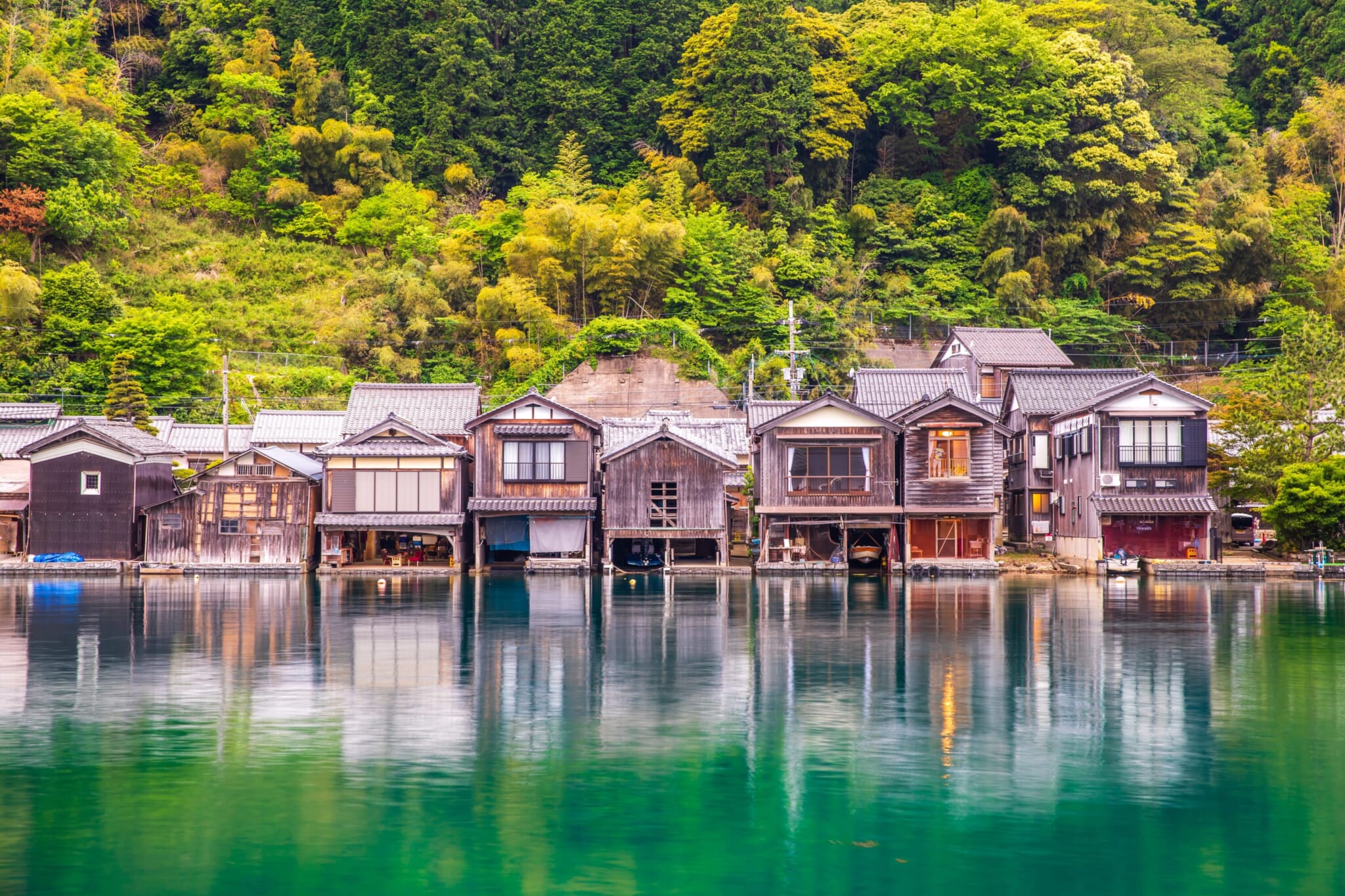When asked to name their top three priorities if elected, Sen. Tim Kaine said there were so many big ones, he had to list four — the economy, reproductive freedom, lowering health care costs and immigration reform — while his opponent, retired Navy Capt. Hung Cao, narrowed his choices to one urgent matter.
"Secure the border, secure the border and secure the border," Cao wrote in an email. "Everything flows from there." Kaine, a Democrat who's finishing his 12th year in Congress, recently stopped by the Free Lance–Star newsroom as part of his visit to Virginia newspapers.

He discussed a wide range of topics: transportation in the region, his ability to speak fluent Spanish as a former missionary to Honduras and more. Being able to talk without an interpreter to most South American leaders opens up discussions that wouldn't happen otherwise, he said. Kaine is a member of the Senate Foreign Relations Committee and heads its subcommittee on the western hemisphere.
"When you're able to [talk] in real time in Spanish, you get the real deal and that's been really fun," Kaine said. "And 10% of Virginians are Latinos and have connections in the Americas, and it's fun to be able to do that for them." Cao also was invited to visit the newspaper, but his campaign requested questions by email.
A Republican who was endorsed by former President Donald Trump in May, Cao is running for office for the second time. In 2022, he was defeated by Rep. Jennifer Wexton for the 10th Congressional District seat.
Much of his platform focuses on the need to stop people who come to the country illegally. He came to the United States as a refugee in 1975 when his family fled Vietnam. "As an immigrant to this country, let me be the first to say: don't ask for the American dream if you are not willing to obey the American laws," he said in his email.
"I did. I love this country so much that I wrote a blank check up to and including my life with my 25 years of service in the United States Navy." Local transportation This year, Kaine celebrated his 30th year as an elected official.
His career began as a member of the Richmond City Council in 1994, included service as mayor of Richmond, then he became governor of Virginia in 2002. He was elected to the Senate in 2012 and serves on numerous committees dealing with armed services, the budget, foreign relations, health, education, labor and pensions. Cao was among the first graduating class of Thomas Jefferson High School for Science and Technology in Alexandria, then was commissioned as a special operations officer after graduating from the U.
S. Naval Academy. He served with special operations in Iraq, Afghanistan and Somalia, and his noncombat assignments included balancing the Navy's $140 billion budget at the Penta-on, working with Homeland Security and the FBI Joint Terrorism Task Force.
Cao lives in Purcellville in Loudoun County. The many small towns and communities across the state, and nation, are "one of the things that make America great, and Virginia in particular." He doesn't want to see them "hollowed out" as big cities and suburbs "absorb all the wealth and human capital we create.
" Kaine lives in Richmond and rives from one capital to the other 36 weeks of the year when the Senate is in session. He's been stuck in a few traffic jams on Interstate 95, including during the January 2022 snowstorm that crippled the region and turned the highway into an icy parking lot. He was in his car for almost 27 hours.
He said Virginia's Commonwealth Transportation Board determines how federal funding will be spent, but noted the Senate's 2021 infrastructure bill "is putting a lot more money into Virginia for roads and bridges." One local example he cited was the August 2023 opening of additional express lanes on I-95 north of Stafford County. When asked how the area's infrastructure can keep up with population growth, Cao said he is "concerned about developers threatening our way of life as Virginians" and possible impacts to the state's natural beauty, history and hallowed ground.
He said local leaders must ensure that growth doesn't outpace infrastructure and that state taxpayers alone don't have to pay for roads and bridges "solely for the benefit of out-of-state developers who have decided to convert Virginia farmland into townhomes or data centers." Data centers On the topic of data centers, Virginia has become "the largest data center market in the world," Julia Bolthouse, land-use director for the Piedmont Environmental Society, said last week at a town hall in Stafford County. Cao said he's seen the explosion in his home county.
He cited the noise and visual disruption to neighbors and significant burden the centers place on the electric grid. He's a strong advocate of nuclear power, which he said the Navy has used safely for more than 75 years. He'd like to see small modular reactors integrated into data centers "because the concrete structures provide adequate shielding while producing clean and cost effective energy.
" At the same town hall last week, Daren Shumate, an engineer who's worked on data centers for 20 years, said "everybody dreams of the on-site nukes ...
but they're way far off." He added that he'd "like them in your backyard, not mine." Kaine said he believes "it's good for Virginia that we are strong in the data center game.
" The centers don't produce a lot of traffic and they do provide a lot of local tax revenue, "but then they end up being a huge drain on electricity." As much as he "didn't like his power being taken away by the feds or the state" when he was a local official, Kaine wonders if there should be state and federal oversight. He doesn't have a recommendation for what should be done on the federal level but knows it will be a hot-button issue for local elections.
Southern border Cao makes it clear that his top priority as a senator would be closing the southern border and "sending the criminals, gang members and thugs who should have never been here back where they came from." Doing so also would shut down the flow of fentanyl and other drugs that pour into communities and lower the quality of life, he said. Kaine listed immigration reform as his fourth priority, saying there hasn't been comprehensive reform since 1986.
Reform is often mentioned as the top need among industry groups he meets with, a list that includes contractors and farmers as well as health care and hospitality workers. They want reform that focuses on work visas, which would in turn beef up the workforce, Kaine said. "I think what we do is figure out a strategy to maybe allow more work visas, those could be work for six months and go home for six months, and if you've done that and paid your taxes and followed the law, you could come for six months the following year," he said.
Workforce shortage Kaine said that one of his biggest concerns about the economy is solving the workforce shortage. He believes immigration reform is part of the answer along with better skills training and making sure families have access to affordable and quality child care. "In the shipyard, when I came to the Armed Forces Committee in 2013, they were like, 'Get us more work.
We don't want to lay people off,'" Kaine said. "Now they're like, 'You're giving us too much work. We can't keep up with the hiring.
'" Cao said the nation needs to incentivize blue-collar workers because the "college affordability crisis is completely out of control." He favors apprenticeship programs and vocational education to prepare young people and those returning to the workforce later in life for good-paying, stable jobs. Kaine has a bill that would allow Pell Grants, federal funds that don't have to be repaid, to be used for career and technical education programs, not just college.
"Why wouldn't we want to help you afford the program when our hospitals are crying out to hire more health care workers?" Kaine asked. Cao reiterated, once more, the need to keep out undocumented immigrants and invest money that's spent on them in other areas. "The American people are hurting," he said.
"The money we give [to those who immigrated illegally] is spent on housing and food just like anyone else, which only drives up the prices on those things for American citizens." Cathy Dyson (540) 374-5425 [email protected] Get local news delivered to your inbox!.




















